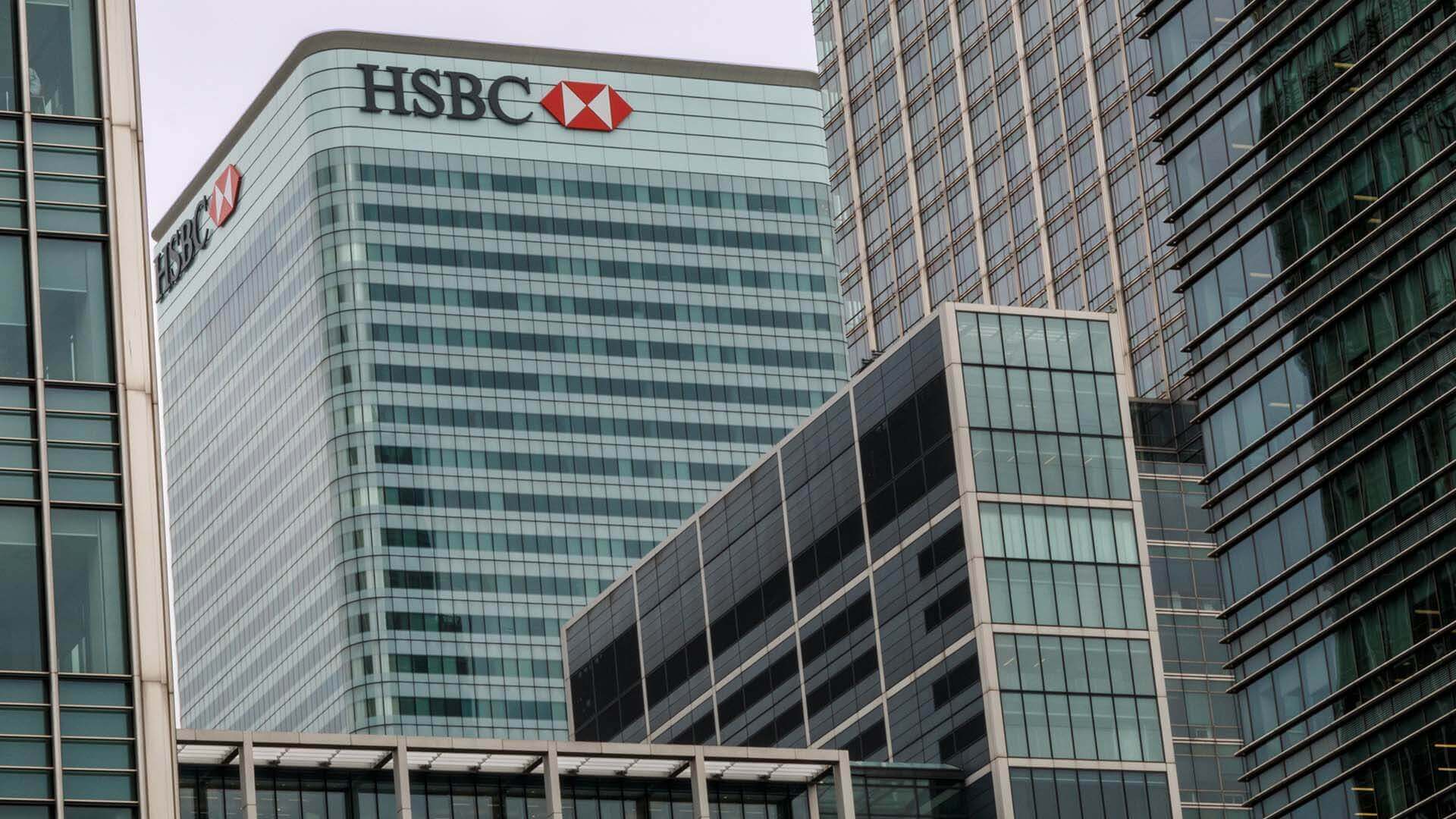The FTA has published new guidelines for the VAT treatment of services provided to collective investment schemes. This comes in response to the revision of the Federal Act on Collective Investment Schemes (CISA), which came into force on 1st March 2013. This new practice has been in the works for a long time, and places tighter limits in place on the right to deduct input tax, which will inevitably lead to higher costs. This will be of particular interest to Swiss asset managers.
In terms of the administration of collective investment schemes, the practice remains as it was, in that services rendered to a Liechtenstein or Swiss collective investment scheme that are within the applicable laws (CISA, UCITS, IUA and/or AIFMA) will continue to be exempt from VAT.
Theoretically, this should mean that all other administrative services rendered to other collective investment schemes are taxable. However, collective investment schemes that are not domiciled in Switzerland or Liechtenstein are not subject to the laws in question.
One of the biggest changes is that the actual distribution services, along with the advertising and distribution-like services are exempt from VAT if they are rendered to Swiss-approved domestic collective investment schemes or foreign collective investment schemes that are on the FINMA list.
This will mainly affect organisations that are only involved in distribution-like activities (for example, that have no authority to sign contracts). Activities such as these, which were taxable under the CISA provisions that were valid up until February 2013, have the potential to be fully VAT exempt as of January 1st 2014.
There will be no changes, however, for foreign collective investment schemes that are not on the FINMA list. These should, in principle, remain taxable unless there is another applicable exemption. However, because the place of performance or the recipient of the services is usually in a foreign country, these services will remain tax-free but will qualify for input tax deduction.
These new developments should be scrutinised carefully by service providers who were entitled to a full or partial input tax deduction for their services under the terms of the “old” CISA. It could mean that their services will now be exempted from VAT, and this will require several adaptations with regards to bookkeeping procedures, calculating costs, and value added tax returns.
A full report on the new guidance is available at PWC.ch.
I am a writer based in London, specialising in finance, trading, investment, and forex. Aside from the articles and content I write for IntelligentHQ, I also write for euroinvestor.com, and I have also written educational trading and investment guides for various websites including tradingquarter.com. Before specialising in finance, I worked as a writer for various digital marketing firms, specialising in online SEO-friendly content. I grew up in Aberdeen, Scotland, and I have an MA in English Literature from the University of Glasgow and I am a lead musician in a band. You can find me on twitter @pmilne100.










































